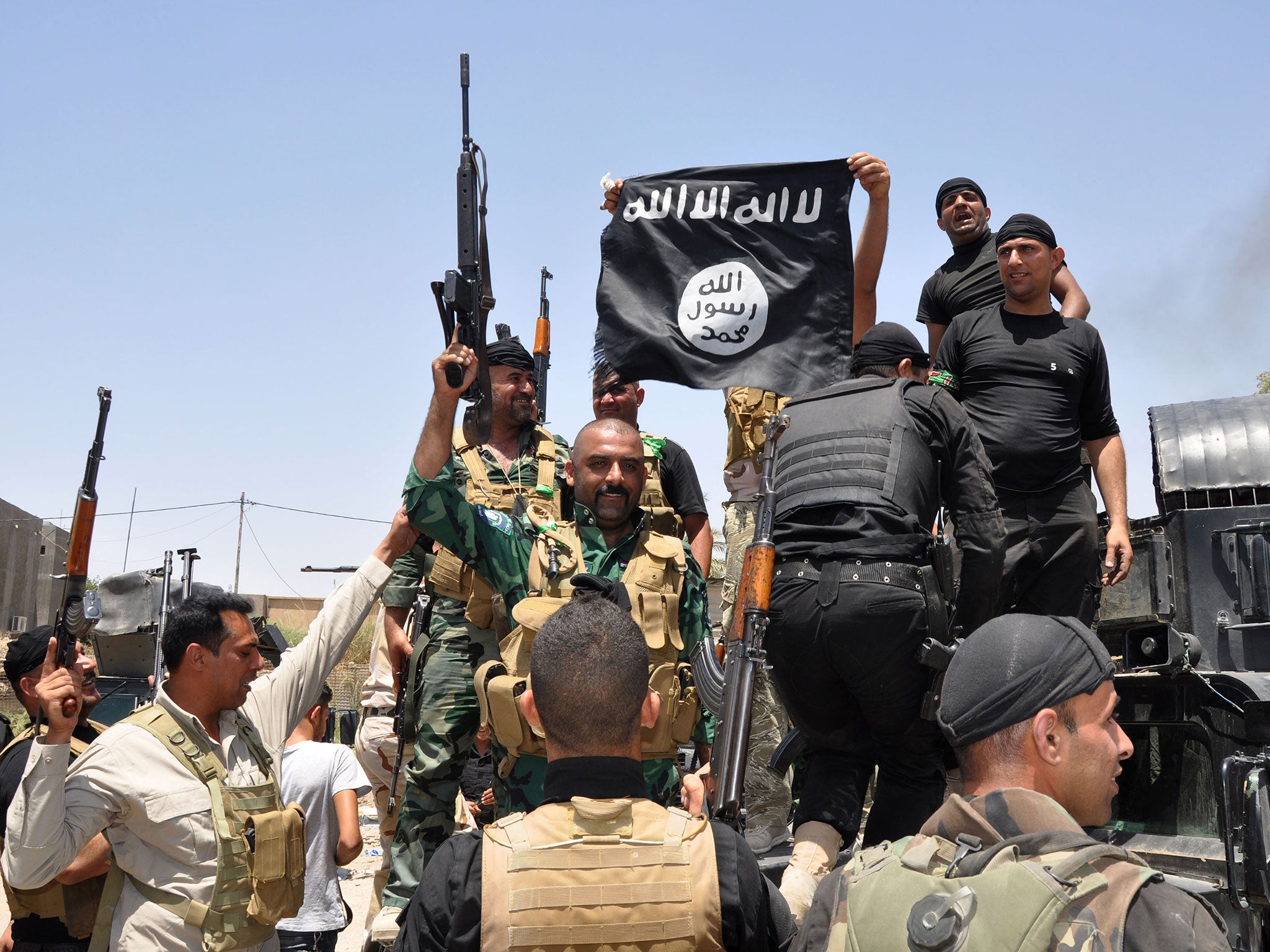Iraq crisis: What does the Isis caliphate mean for global jihadism?
Isis have effectively declared themselves the winner in a global race between jihadist and Islamist groups

A major development in jihadist history occurred this weekend as the Islamic State of Iraq and ash-Sham (ISIS) declared the re-establishment of the caliphate with their leader, Abu Bakr al-Baghdadi, declared its leader. This step, while easily dismissed by non-jihadists as little more than a publicity stunt, carries huge significance for committed jihadists and has the potential to shape the future of the global jihadist movement.
The central aim of all Islamist movements from their earliest inception was to re-establish the caliphate, which they understood as a panacea to every ill affecting Muslims around the world. It was believed that it would help restore Muslim pride and provide Muslims with the unity they needed to defend territory from European invaders. The last caliphate was the Ottoman Empire which collapsed in the early 1920s, to be replaced by nation states and the secular modern-day Turkey.
Modern-day jihadism of the kind represented by groups like al-Qa'ida and Isis emerged from the ideology of the Muslim Brotherhood, the world’s first Islamist group that dates back to the late-1920s in Egypt. The many Islamist and jihadist groups that emerged as offshoots of the Muslim Brotherhood since the late-1920s have all been engaged in a struggle to overthrow Muslim-majority governments in order to establish a theocratic state, which they refer to as the caliphate, ruled by a single divinely appointed leader.
READ NEXT:
However, the state that these groups want to create bears little resemblance to its most recent forebear, the Ottoman Empire. Indeed, it has much more in common with European totalitarian states of the last century or North Korea today. This is because, over the last century, Islamist movements absorbed European political ideas and merged their politicised understanding of Islam with ideologies like communism and fascism. The result is theocratic totalitarianism, something which jihadists are now seeking to enforce through militancy.
The significance of Isis being the first jihadist group to announce the establishment of a caliphate is deeply important: they have effectively declared themselves the winner in a global race between jihadist and Islamist groups. They have, in their own eyes, declared themselves the only game in town and ruled that other jihadist groups are now defunct. As such, all jihadists are now expected to pledge allegiance to al-Baghdadi, something that, if it happened, would make Isis the centre of gravity, the only jihadist group that matters.
This creates a real conundrum for al-Qa'ida which, prior to Isis taking large swathes of Iraqi territory, was widely regarded as the leader of global jihadism. Will al-Qaeda leader Ayman al-Zawahiri now pledge allegiance to Isis, as his ideological beliefs compel him to do? Or will he rebel and be declared an enemy of the caliphate, a fate punishable by death? What about al-Shabab, Boko Haram, Tehreek-e-Taliban or al-Qaeda affiliates in the Arabian Peninsula (AQAP) or in the Islamic Maghrib (AQIM)? If some pledge allegiance and others don’t, will that lead to a split in the global jihadist movement and a “civil war”-like scenario between them?
Furthermore, what about western jihadist sympathisers like the followers of Hizb ut Tahrir (HT) or al-Muhajiroun? Will they now up sticks and move to Iraq to live in the caliphate that they have long been dreaming of? Or will they make excuses, dismissing it as premature because it does not conform to their highly idealised understanding of what the caliphate should look like? Well, given that the former HT leader and current spiritual leader of al-Muhajiroun, Omar Bakri, is seeking asylum in the UK from Lebanon just as the caliphate is being established next door in Syria and Iraq, it seems that they are more likely to opt for the latter and continue to agitate for a caliphate from the comfort of North London.
Join our commenting forum
Join thought-provoking conversations, follow other Independent readers and see their replies
0Comments